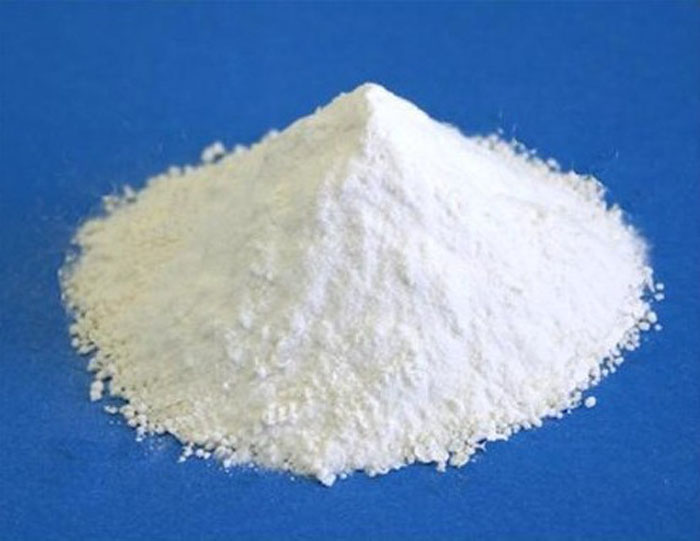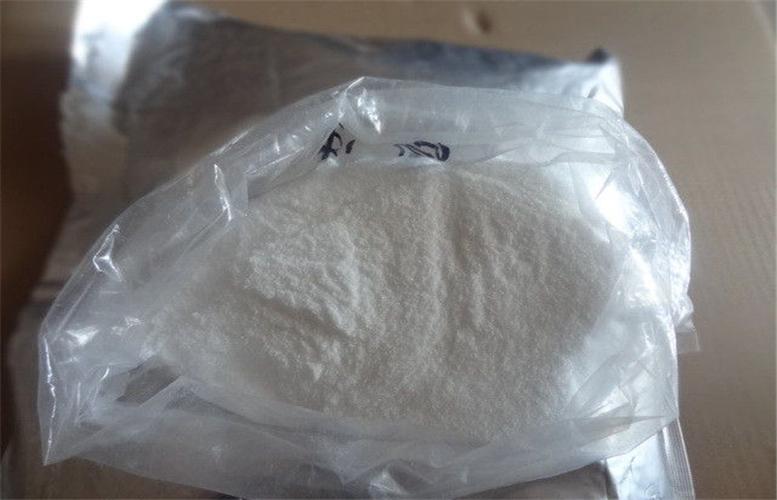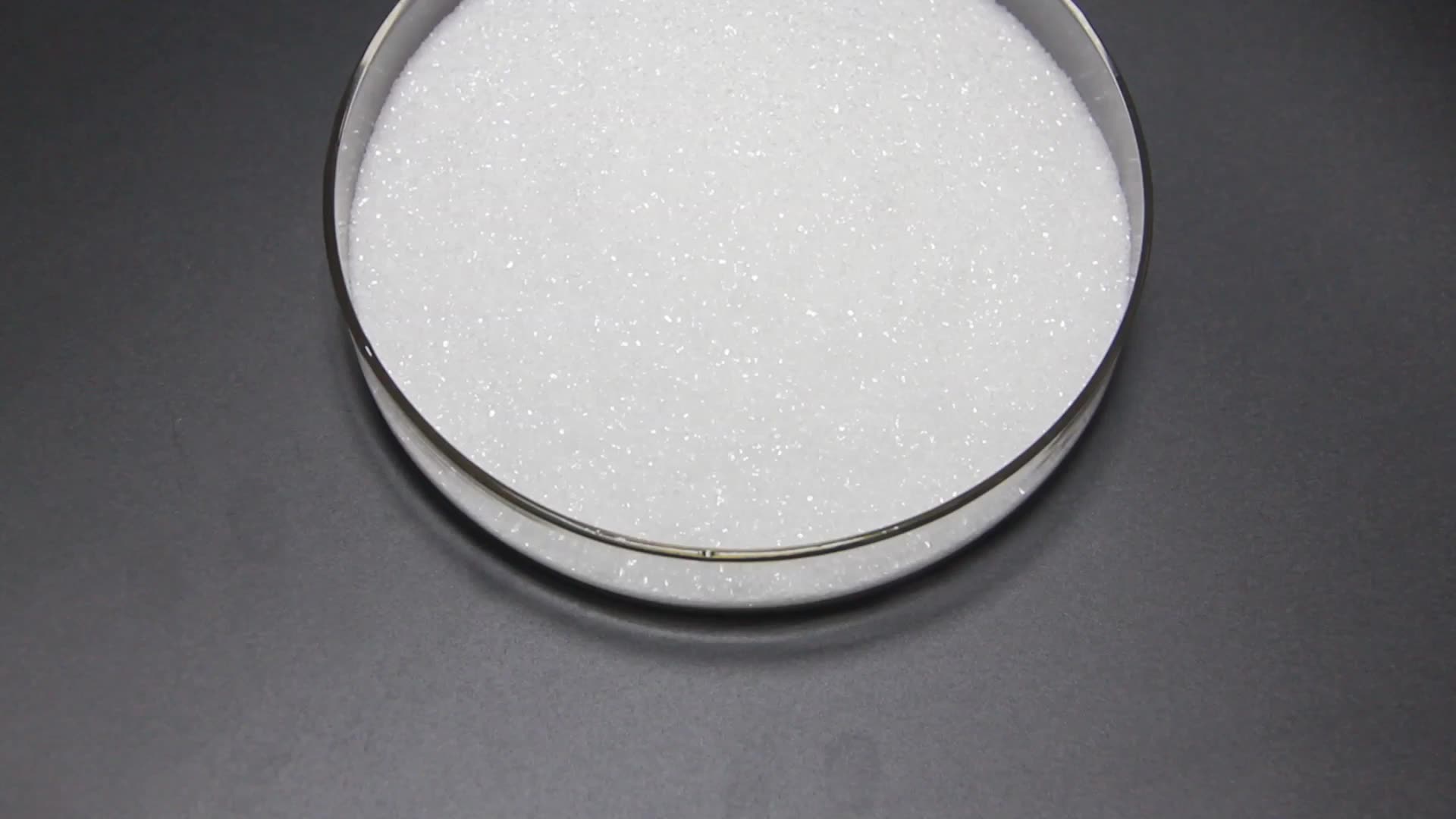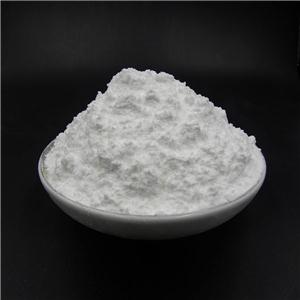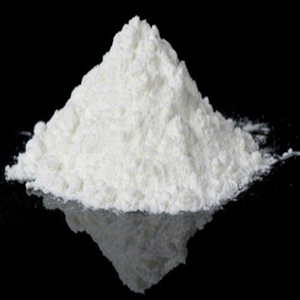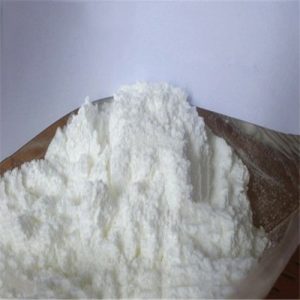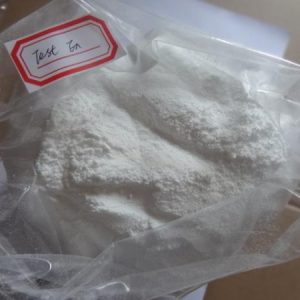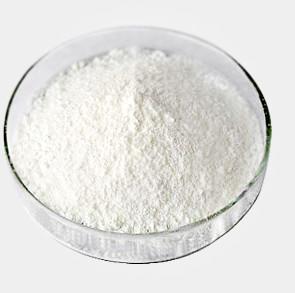Yohimbine hydrochloride—an α2-adrenoceptor antagonist that is approved for treatment of erectile dysfunction—may increase BP.1,2,In normal volunteers and in patients with panic disorders, oral administration at doses used clinically may slightly increase BP.1 However, in hypertensive patients oral yohimbine was reported to induce a significant increase in mean arterial pressure.The magnitude of the pressor response was related to baseline norepinephrine levels and to the yohimbine-induced increment in plasma norepinephrine levels.Thus yohimbine increases BP by stimulation of the sympathetic nervous outflow, and the drug should be administered with caution to patients with evidence for increased basal sympathetic outflow or those undergoing concurrent treatment with tricyclic antidepressants or other drugs that interfere with neuronal uptake or metabolism of norepinephrine.
Yohimbine hydrochloride dosage bodybuilding
There’s some emerging research that suggests yohimbe may be helpful when it comes to boosting athletic performance.
One study found for men, taking 2.5 milligrams (mg) of yohimbe 20 minutes before activity led to increased power output during repeated sprints. Participants who took yohimbe also reported less fatigue than those who took a placebo.
Another study found taking yohimbe two hours prior to exercise improved metrics of endurance amongst cyclists including distance, time, and their velocity of oxygen uptake maximum (the speed at which an individual is using the most amount of oxygen).
Researchers aren’t totally sure how yohimbe impacts athletic performance on a biological level, but they believe it’s because yohimbe is a stimulant that increases blood flow and may aid with immediate energy availability.
Yohimbine hydrochloride side effects
Caution should be exercised when using yohimbine hydrochloride. It has some potential adverse effects such as headache, dizziness, nausea, and rash, which usually disappear after the dosage is reduced or the drug is discontinued. In addition, it should be used with caution in geriatric patients, psychiatric patients or patients with gastric or duodenal ulcers, and cardiac patients. It should be contraindicated for those with abnormal liver or kidney function and those who are allergic to the product.
Yohimbine hydrochloride powder Chemical Properties
Melting point 288-290 °C (dec.)(lit.)
alpha 99 º (c=1%, H2O, dry subst)
refractive index 103 ° (C=1, H2O)
storage temp. Keep in dark place,Inert atmosphere,Room temperature
solubility H2O: 10 mg/mL
form powder
color white to off-white
optical activity [α]/D 100±5°, c = 1 in H2O
Sensitive Light Sensitive
Merck 14,10102
InChIKey PIPZGJSEDRMUAW-VJDCAHTMSA-N
SMILES N1C2=C(C=CC=C2)C2=C1[C@@]1(C[C@]3([C@](CC[C@@H]([C@@H]3C(OC)=O)O)([H])CN1CC2)[H])[H].[H]Cl |&1:9,11,12,15,16,r|
LogP 2.201 (est)
CAS DataBase Reference 65-19-0(CAS DataBase Reference)
EPA Substance Registry System Yohimbine hydrochloride (65-19-0)
More Introduction:https://en.wikipedia.org/wiki/Yohimbine
